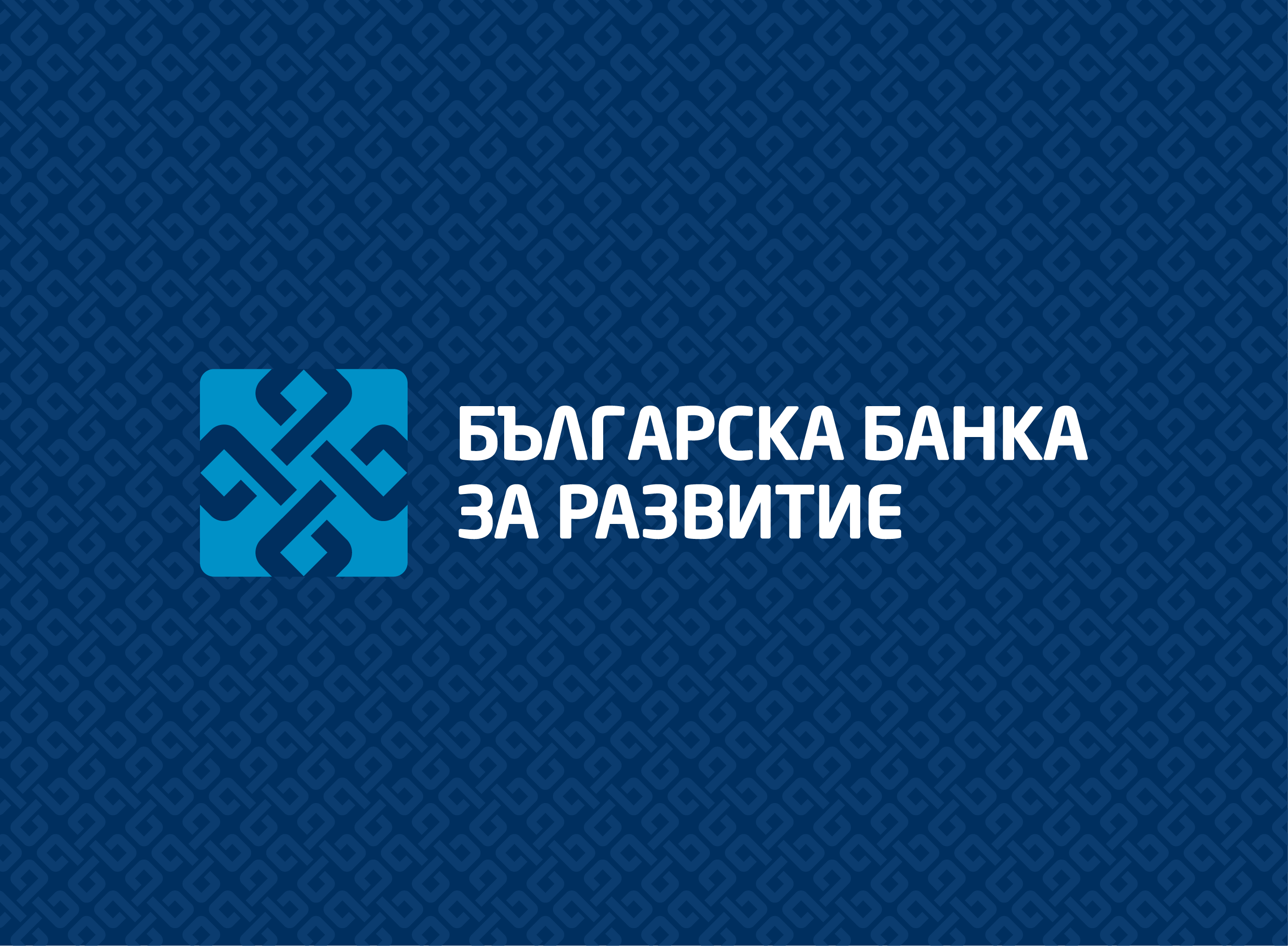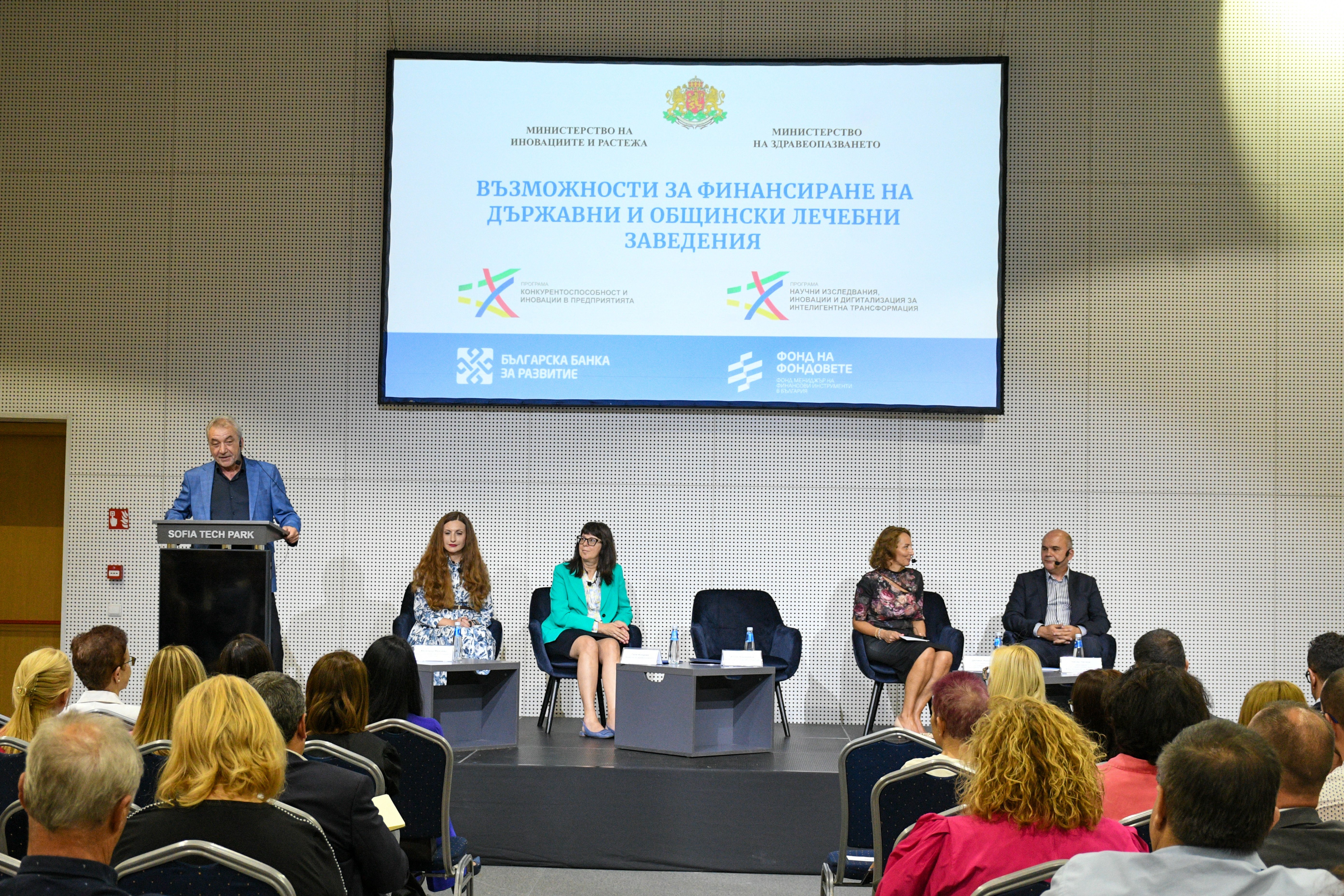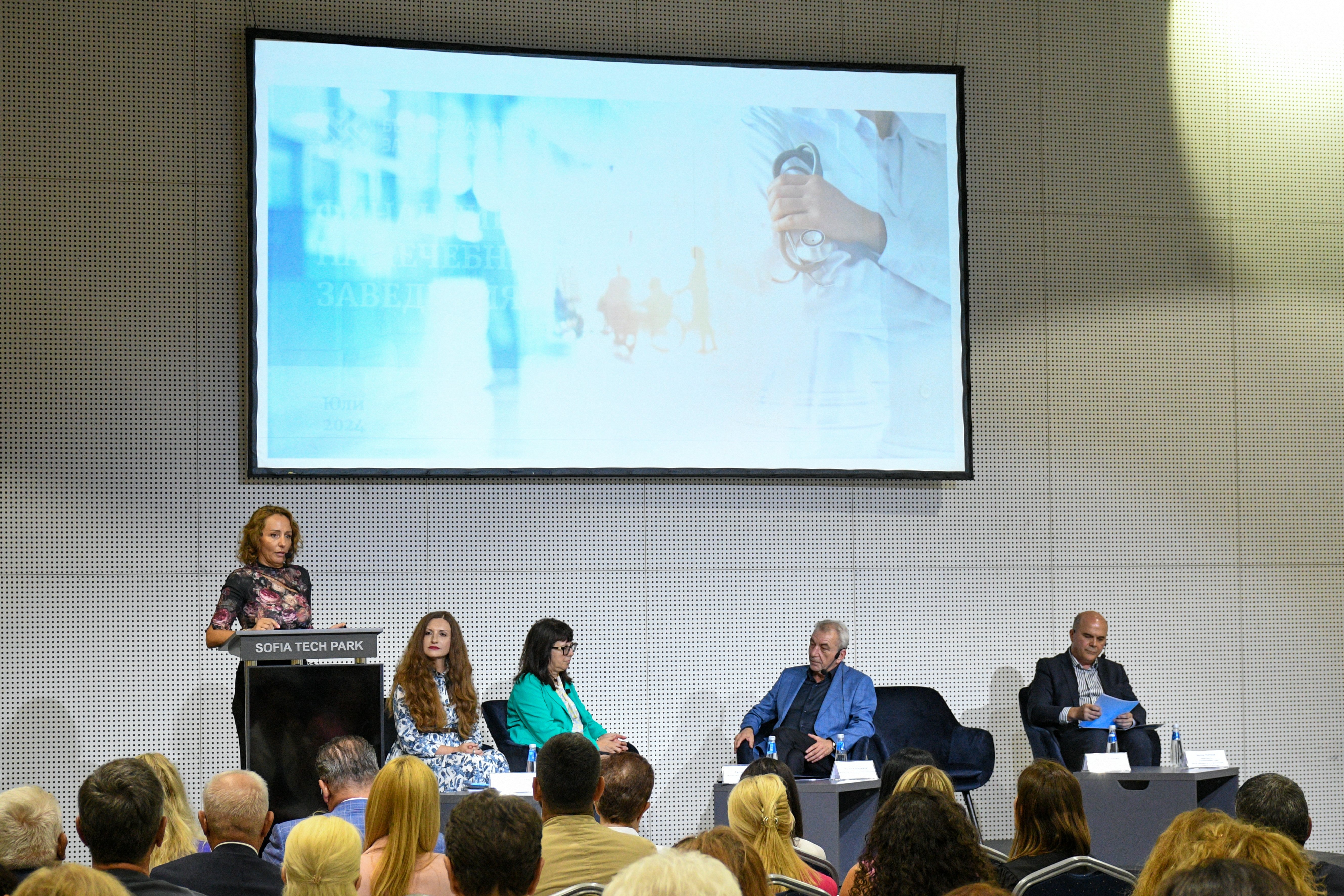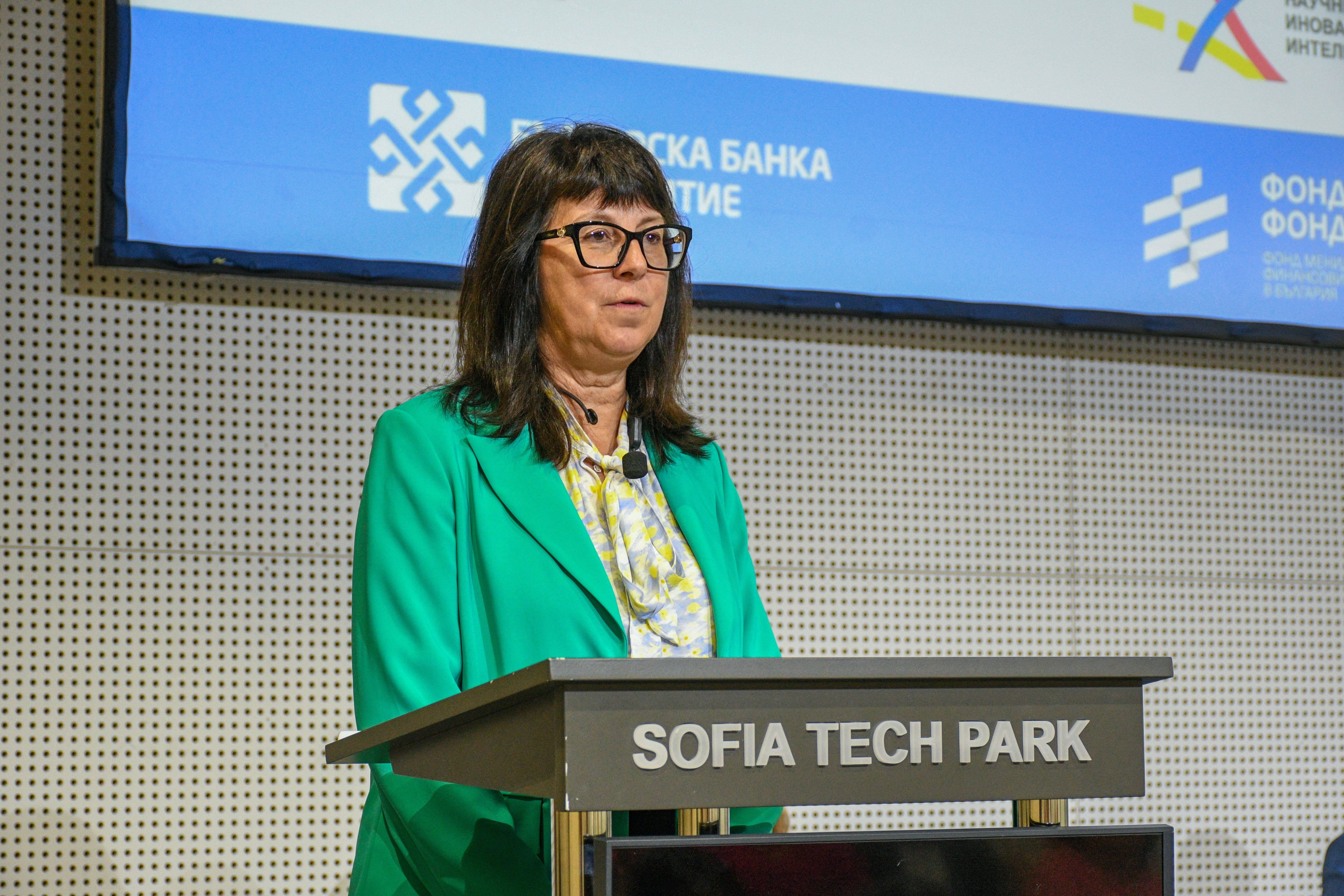
Minister Karadimov: Bulgarian Development Bank will support state and municipal hospitals
The Bulgarian Development Bank will support state and municipal hospitals. According to its new strategy the Bank will support the state in implementing public policies in strategic sectors such as the healthcare sector. This was stated by the Minister of Innovation and Growth, Assoc. Prof. Rosen Karadimov, at a meeting with the managements of municipal and state hospitals (having more than 50% of their shares held by the government), organized by the Ministry of Innovation and Growth together with the Ministry of Health. The meeting was attended by the Minister of Health Galya Kondeva, PhD, Deputy Minister of Innovation and Growth Veselina Mincheva, Deputy Minister of Health Dobromira Kareva, Acting Chairman of BDB’s Supervisory Board Delyana Ivanova, BDB’s Executive Officer Iliya Karanikolov, Executive Officer and Chairman of the Board of the Fund Manager of Financial Instruments in Bulgaria Biser Petkov, and representatives of over 100 hospitals in Bulgaria.
At the meeting, opportunities were presented for support to state and municipal hospitals by the Ministry of Innovation and Growth – through the Bulgarian Development Bank and the Fund of Funds – and under the European programs Enterprise and Innovation for Competitiveness (OP EIC) and
Research, Innovation and Digitalization for Smart Transformation (PRIDST).
BDB is developing a new programme to support the healthcare institutions in Bulgaria, as Delyana Ivanova explained. The programme targets hospitals with more than 50% state/municipal ownership, which are planning to invest in improving their infrastructure and medical equipment to increase the volume and quality of medical services provided.
Also eligible for funding are hospitals that are subject to a national recovery and development policy, implementing a Restructuring and Sustainable Development Plan. BDB can provide long-term investment financing of up to 90% of the investment or the amount of the approved business programme, providing the funds for the purchase of medical equipment and for the implementation of the repair and renovation of the hospital facilities.
There is also the possibility to use a working capital line of credit to cover current obligations to contractors. With this instrument, on the one hand, the Bank guarantees payments to suppliers, reducing the level of indebtedness in the system and allowing better cash flow management. On the other hand, it secures the public interest by strictly controlling expenditure and payments by the hospitals. In this way, BDB fulfils its role as a development bank and as a guarantor of transparent public finance in the health sector.
"Under the EU cohesion policy, state and municipal hospitals have access to grants and financial instruments in cooperation with small and medium-sized enterprises", Deputy Minister Mincheva said. The Fund of Funds is currently developing financial instruments for energy efficiency. All hospitals can also use the services of the European Digital Innovation Hubs, funded under the PRIDST. Together with SMEs, research organisations and universities, and local authorities, hospitals can build a long-term and sustainable future under the Innovation and Knowledge Transfer Cooperation Programme, supported by up to BGN 30 million in grants.
Hospitals will also have access to nearly BGN 442 million through the financial instruments under the Regional Development Programme 2021-2027, which are implemented by the Fund of Funds, the Fund's Executive Officer Biser Petkov explained. In the health sector, the support by financial instruments can be directed to the renovation of medical equipment for cardiovascular and oncological diagnosis; construction of new municipal health infrastructure; support for general practitioners with a focus on remote and hard-to-reach places; mobile medical offices to help information campaigns and prevention, etc. A significant novelty in this programming period is that funding with financial instruments will also include the possibility of combined support with grants in a single operation of up to 50% of the funding.
--




